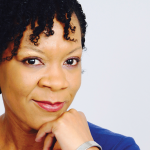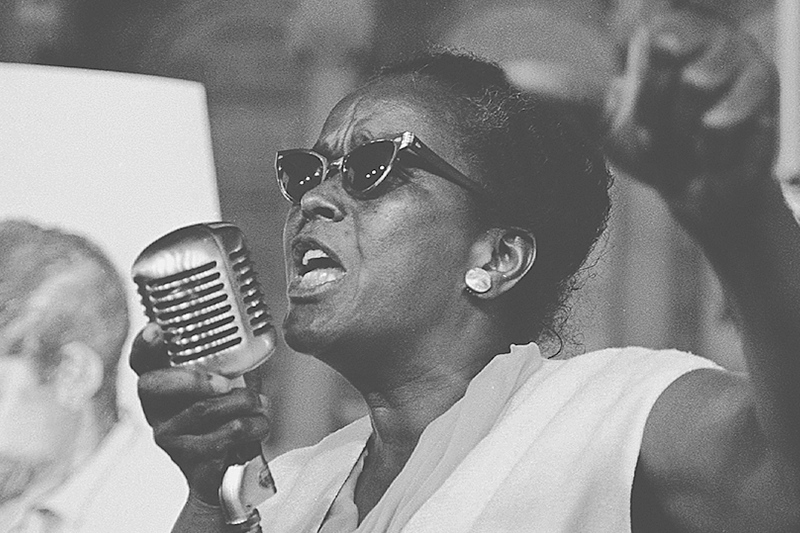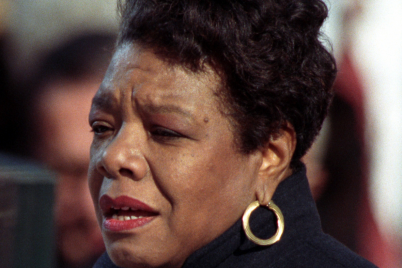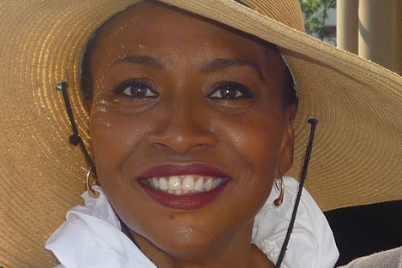Ella Baker was a civil and human rights activist.
BY KEISHA BELL | Visionary Brief
Performers are applauded when taking a bow on stage. The show does not go on, however, without the input from all those listed in the credits. Do you read the credits?
Meet Ella Josephine Baker. Among a number of other things, Baker is a co-founder of the Southern Christian Leadership Conference (SCLC). Its original intent was to be the political arm of black churches.
Baker was the first hired staff of the SCLC; however, her employment with the organization was one of frustration. She and Dr. Martin Luther King, Jr. did not see eye-to-eye. Furthermore, she was not shy about her critique of him.
Baker believed that a grassroots approach was the best way to fight for equality and advance the Civil Rights Movement. This was different than the preferred organizational model of the black church which is more of a “leader-centered orientation.”
The black church model also concerned Baker because the black church, as she knew it, produced a scenario where mostly men were in leadership positions, and mostly women were in positions of general membership. That significant imbalance was troubling when considering the necessity for bringing to the forefront inequality issues as they relate to black women.
Baker was adamant in her philosophy that “strong people do not need strong leaders.” Even after being named Director of Branches of the NAACP, a position that made her the highest-ranking woman within that organization, she advocated for the NAACP to decentralize its leadership structure. She was a strong proponent of the inclusion of both women and young people and for them to not only be seen but to be heard as well.
Oftentimes, when mainstream media speaks about the “black community,” it is done so through the narrative of black men. Likewise, when mainstream media speaks about “women’s issues,” it is done so through the narrative of white women.
Frequently, the unique voices and experiences of black women go unnoticed. Her inclusion can give valuable sound to discussions on racism, sexism, and classism. Her quietness, however, is unsettling. Have you noticed?
Baker influenced the evolution of the Student Nonviolent Coordinator Committee (SNCC), one of the most important organizations of the 1960s Civil Rights Movement. In fact, she is affectionately referred to as the “Godmother of SNCC.”
Over her life, Baker influenced and/or mentored many civil rights activists such as Julian Bond, Rosa Parks and Stokely Carmichael. She supported the campaign to free the Scottsboro Boys and the “Free Angela (Davis)” campaign. Baker also assisted with coordinating the 1961 Freedom Rides.
In addition, Baker helped to organize the Mississippi Freedom Democratic Party (MFDP) which was created to counter the all-white Mississippi Democratic Party. MFDP was formed to ensure the rights of African Americans to participate in party elections in the South.

Keisha Bell







